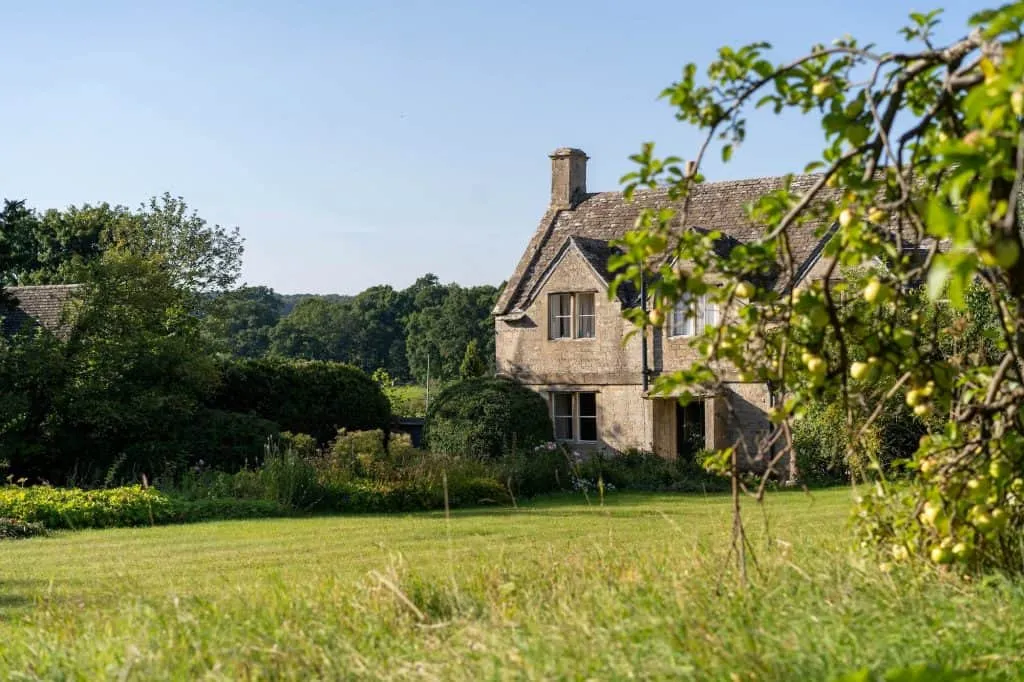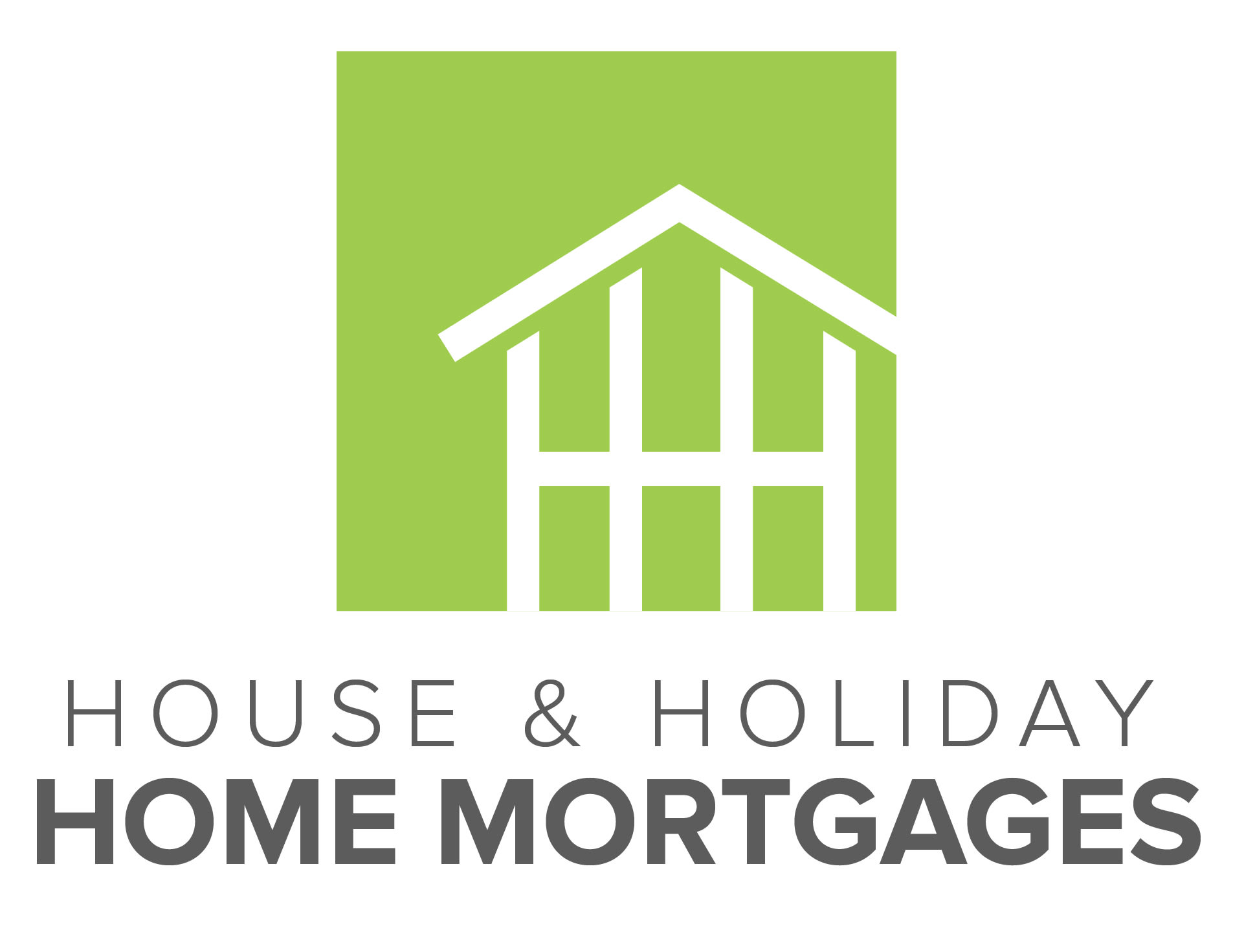What’s the difference between holiday let and holiday home mortgages?

Owning a second property in the countryside, by the coast or in another tourist hotspot is something many people aspire to.
However, although the end goal is the same, their reasons for buying a holiday property may differ significantly.
For some, the idea of having their own bolthole to escape from the rat race at weekends and during the school holidays is really attractive. For others, buying a holiday home for investment purposes is their priority. And then there are those who want to generate additional income by buying a property they can let out to holidaymakers and tourists.
Whatever your reason for buying a holiday home, you’ll probably need a mortgage to be able to do so. As such, understanding the holiday home mortgage market and the types of mortgages available for different purposes is essential.
Here, we take a look at the key differences between a holiday let mortgage and a holiday home mortgage.
What’s the difference between a holiday home and a holiday let?
Although holiday homes and holiday lets serve a similar purpose, there is a distinct difference in how they are viewed, both by mortgage lenders and HMRC.
A holiday home is simply a second home you can enjoy with your family or allow friends or other guests to stay in it without charge.
If you’re planning on buying a holiday home that’s for your personal enjoyment only, then unless you’re a cash buyer, a holiday home mortgage will help you fund the purchase.
However, if you plan to buy a holiday property to rent out to holidaymakers, this would be classed as a holiday let.
To qualify for holiday let status, the property must be available for short-term rental for at least 210 days a calendar year and be let out for at least 105 of them. You must also advertise it as furnished accommodation. Because HMRC views holiday lets as a business, you can deduct mortgage interest payments and any expenses from the rental income to offset against your profits and your tax bill.
If you plan to do this, seeking independent tax advice before investing is essential to understand the implications.
What’s a holiday home mortgage?
Holiday home mortgages are similar to standard residential mortgages in the way they work and are arranged. However, most lenders apply stricter checks and lending criteria to holiday home mortgages to ensure the borrower can afford the repayments.
To secure a holiday home mortgage, you’ll probably need a large deposit of up to 25% of the property’s value. And strict rules and limitations apply to how your holiday home can be used, including how far away it is from your primary residence and how often you stay in it or let other people use it each year.
So, if you’re buying a property to use as a holiday home instead of a furnished holiday let, it’s essential to understand what these restrictions are, as you could face stiff legal and financial penalties if you breach them.
What’s a holiday let mortgage?
In contrast, a holiday let mortgage is taken out on the value of a property that’s rented out on a short-term basis to tourists, visitors and holidaymakers.
As we said above, strict rules govern properties classed as holiday lets, as HMRC views them as income-generating businesses. Because of this, you’ll need a special type of mortgage that differs from a standard residential or second home mortgage or even a buy-to-let.
Lenders tend to view holiday let mortgages as riskier prospects than standard mortgages and adjust their rates accordingly. Affordability checks are also more stringent, as lenders will want to be sure the borrower can afford the repayments.
Unlike with a holiday home mortgage, which will be based on the property’s value, the amount you can borrow with a holiday let mortgage will be based on the property’s rental potential.
Most lenders will have specific minimum income requirements that you must meet. They will also consider things like your personal circumstances, ability to pay, and any other holiday let properties in your portfolio.
Because of this, holiday let mortgages tend to be more difficult to arrange than holiday home mortgages, which is why you should always seek help from a specialist holiday let broker.
How do I get a holiday home mortgage?
Whether you’re looking to buy a holiday home for your own use or rent it out as a furnished holiday let, you’ll probably need a particular type of mortgage to make your dream a reality.
That’s why you should always seek advice from a mortgage professional experienced in the holiday home market to help you get the best deal and explain all the implications and obligations that come with it.
However, you shouldn’t be discouraged. With the right specialist help, you can secure the right mortgage for your holiday property, whatever your needs.
Our expert team has over 40 years of experience in the holiday home market and is dedicated to taking the stress away from getting the right mortgage.
We’ll provide honest, straightforward advice and guidance on the right way forward and help you arrange the deal that’s right for you to make your investment in a holiday property as pain-free as possible. For more information, get in touch today.

